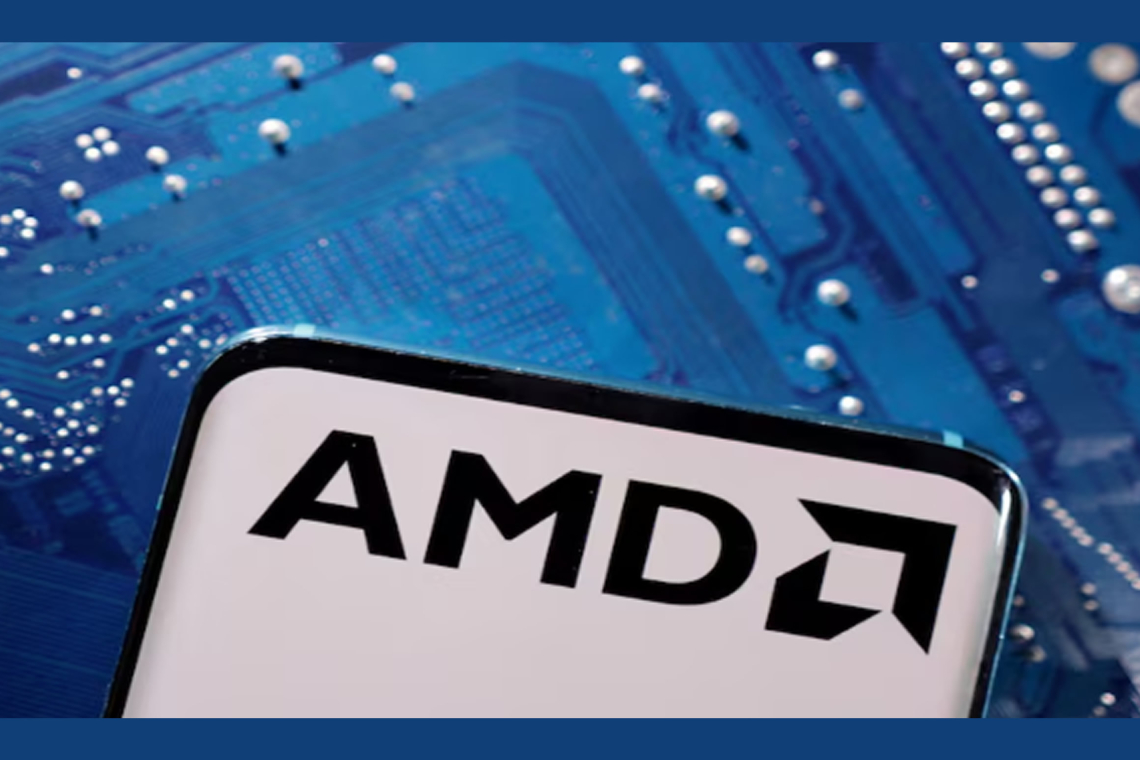Advanced Micro Devices (AMD) has formed strong connections with several artificial
intelligence startups as part of its strategy to strengthen its software capabilities and develop better chip designs.
With many AI firms looking for alternatives to Nvidia's hardware, AMD is pushing forward with plans to build a competitive lineup. This effort includes the acquisition of companies like server manufacturer ZT Systems. However, creating a successful chip platform also demands powerful software that can support and optimize the performance of AI applications. To meet this need, AMD has recently acquired several small software firms to enhance its talent pool and accelerate development of its software ecosystem, commonly referred to as ROCm.
"This will be a very thoughtful, deliberate, multi-generational journey for us," said Vamsi Boppana, AMD's senior vice president of AI.
AMD's focus on improving ROCm and related software has proven beneficial to clients such as Cohere, an AI startup that builds models specifically designed for large enterprises rather than general-purpose AI models like those from OpenAI.
According to Cohere CEO Aidan Gomez, AMD has made significant progress in enhancing its software. Tasks that once required weeks to adapt Cohere’s tools for AMD hardware can now be completed in just days. Although Gomez did not disclose exactly how much of Cohere's software relies on AMD chips, he described it as a substantial portion of their global computing infrastructure.
The Role of OpenAI
OpenAI has played an influential role in shaping AMD’s upcoming MI450 series of AI chips, said Forrest Norrod, executive vice president at AMD.
The MI400 series, which precedes the MI450, will serve as the foundation for a new server named "Helios" that AMD plans to launch next year. Nvidia has also built entire servers, recognizing that AI workloads often require hundreds or even thousands of interconnected chips.
OpenAI CEO Sam Altman spoke on stage during AMD’s recent event in San Jose, offering general remarks on the collaboration between the two companies.
Norrod explained that OpenAI's input had a major impact on the design of the MI450’s memory architecture and on the scalability of the hardware. The chips are being built to support the massive infrastructure required to develop and run advanced AI systems.
Found this article interesting? Follow us on X(Twitter) ,Threads and FaceBook to read more exclusive content we post.



